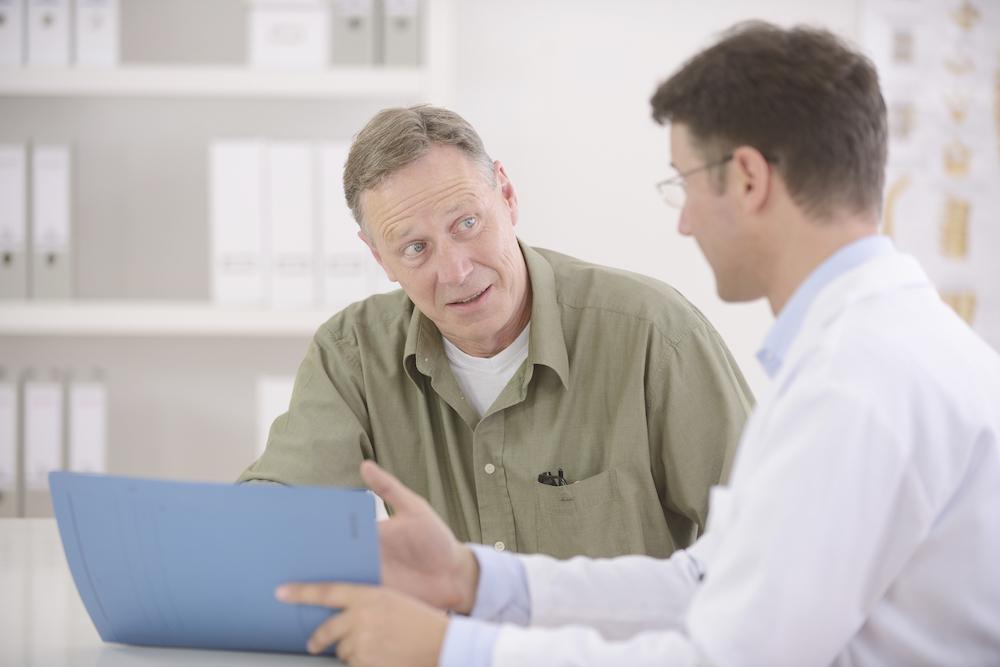
Hemorrhoids are a normal part of your anatomy, vessels that move blood to and from the anus. Normally, they cause no problems. It’s only when issues occur that “hemorrhoid” refers to a medical issue. Nearly 75% of American adults experience hemorrhoids at some point. They may be an occasional problem, a temporary condition during pregnancy, or an ongoing, chronic issue for some.
At GI Physicians Inc. in Lima, Ohio, Dr. Ven Kottapalli and the team are hemorrhoid specialists, well versed in diagnosis and treatment of hemorrhoids, no matter what type you have or how frequently they occur. Contact us if you’re unable to relieve the problem with home care.
Hemorrhoids come in both arterial and venous form, and disorders are common with both types. Internal hemorrhoids are arteries, vessels that supply fresh blood for your body’s nourishment. When a problem arises with these, you have internal hemorrhoidal disease, which can be occasional or chronic.
External hemorrhoids are veins, tasked with returning blood to the heart and lungs. Working against gravity, veins have valves to help prevent the backflow of blood. When an external hemorrhoid issue begins, it’s known as a thrombosed external hemorrhoid.
You can treat both types of hemorrhoids, first with home care and then with medical attention if conservative efforts fail.
Hemorrhoid problems usually begin due to stretching from pressure or irritation, which causes the vessels to bulge or become inflamed. Conditions that may lead to such irritation or pressure include:
Anyone can get hemorrhoids, but you’re more likely to experience problems as you get older.
You probably won’t develop complications from hemorrhoids, but several problems might arise. When the blood supply to a hemorrhoid stops, the vessel becomes strangulated, which can be extremely painful.
Blood clots sometimes form in thrombosed hemorrhoids. These are less dangerous than other types of blood clots, but they, too, can generate much pain and may need lancing and draining. Anemia is rare, occurring when there’s chronic blood loss from a hemorrhoid.
Combining a high fiber diet with plenty of water intake is the best one-two punch to prevent hemorrhoid issues. If you’re not getting enough fiber through the foods you eat, add a supplement that’s available over the counter, such as those made with psyllium fiber or methylcellulose. Be sure you’re drinking enough water, though, or the fiber supplement could aggravate constipation.
Stay active, since movement helps the healthy flow of blood through your vein system. If you have a job that keeps you sitting for long periods, you could experience pressure on your hemorrhoids, leading to problems.
Have a bowel movement when you first feel the urge, since holding off can cause your lower intestine to dry out your stool, leading to constipation. When you do have a difficult bowel movement, be patient, and don’t strain to pass it.
When you’re still having issues or when complications develop, contact GI Physicians Inc. by phone or online. We offer other treatments that can end your hemorrhoid issues for good. Book your appointment today.